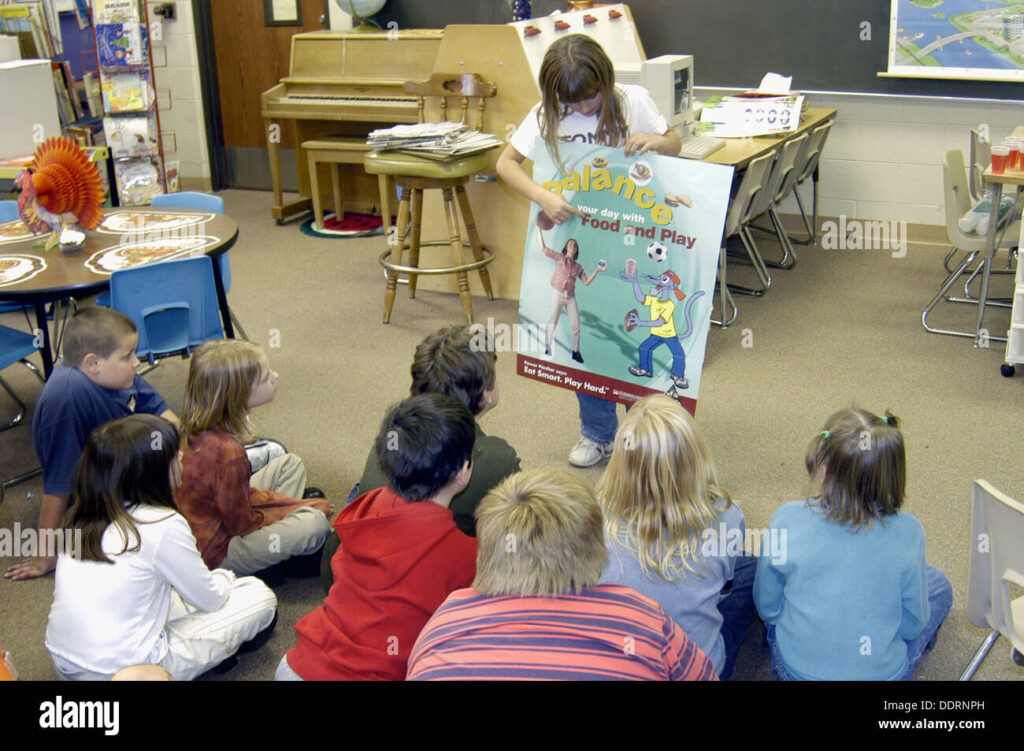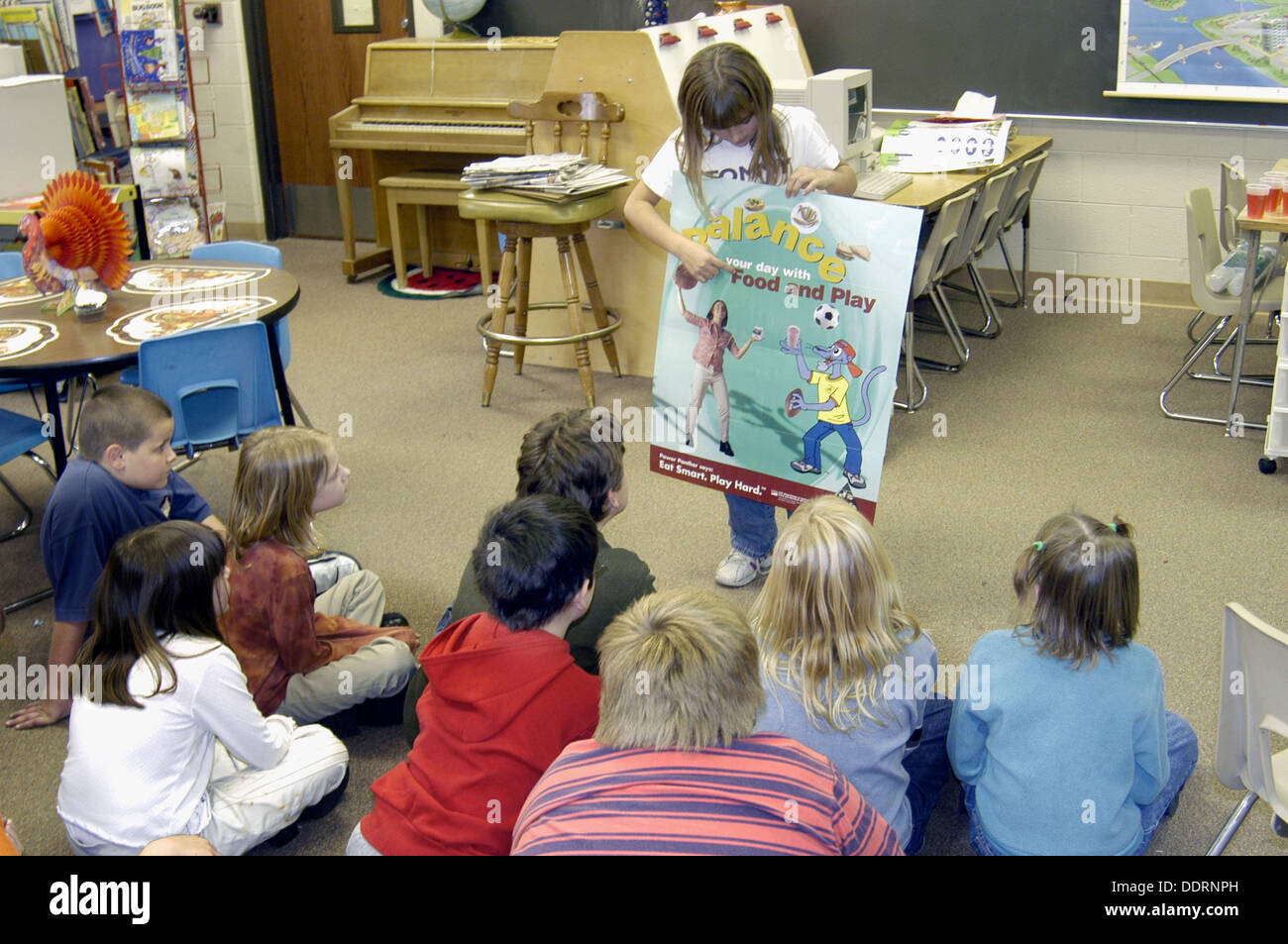
What Do Kids Learn in 3rd Grade? A Comprehensive Guide for Parents
Third grade marks a significant transition in a child’s educational journey. It’s a year where foundational skills are solidified and new, more complex concepts are introduced. As parents, understanding what do kids learn in 3rd grade can help you support their learning both at home and in the classroom. This guide provides a comprehensive overview of the key academic areas covered in third grade, offering insights into the curriculum and how you can actively participate in your child’s educational success.
Reading and Language Arts
Reading comprehension takes center stage in third grade. Students move beyond decoding words to understanding the meaning behind the text. They learn to identify the main idea, supporting details, and character motivations. Expect your child to engage with a wider variety of genres, including fiction, non-fiction, and poetry. Vocabulary development is also crucial, as children encounter more complex words and learn to use context clues to determine their meaning.
Reading Comprehension Skills
- Identifying the main idea and supporting details
- Making inferences and drawing conclusions
- Understanding character motivations and feelings
- Comparing and contrasting different texts
- Recognizing literary devices such as similes and metaphors
Writing Skills
Third graders develop their writing skills through various activities, including narrative writing, informative writing, and opinion writing. They learn to organize their thoughts, use proper grammar and punctuation, and write clear and concise sentences. The writing process, from brainstorming to revising and editing, is emphasized.
- Writing complete sentences with correct grammar and punctuation
- Organizing ideas into paragraphs with a clear topic sentence
- Developing narrative stories with a beginning, middle, and end
- Writing informative reports based on research
- Expressing opinions with supporting reasons
Language Conventions
A strong foundation in language conventions is essential for effective communication. Third graders focus on mastering grammar rules, punctuation, capitalization, and spelling. They learn about different parts of speech, such as nouns, verbs, adjectives, and adverbs, and how they function in sentences. Regular practice and exposure to well-written texts help reinforce these concepts.
Mathematics
Third grade math builds upon the foundational skills learned in earlier grades, introducing more complex concepts such as multiplication, division, fractions, and geometry. Students learn to solve multi-step word problems, apply mathematical reasoning, and use various strategies to find solutions. A strong understanding of these concepts is crucial for future success in mathematics.
Multiplication and Division
Mastering multiplication and division facts is a key focus in third grade. Students learn to understand the relationship between these two operations and use them to solve problems. They also learn about properties of multiplication, such as the commutative, associative, and distributive properties.
Fractions
Third graders are introduced to the concept of fractions, learning to identify, represent, and compare fractions. They learn about equivalent fractions and how to add and subtract fractions with like denominators. Understanding fractions is essential for future work with decimals and ratios.
Geometry
Geometry in third grade focuses on identifying and classifying different shapes, including polygons, quadrilaterals, and triangles. Students learn about the properties of these shapes, such as their sides, angles, and vertices. They also learn about area and perimeter.
Measurement
Understanding different units of measurement is another important skill taught in third grade. Students learn to measure length, weight, volume, and time using both standard and metric units. They also learn to convert between different units of measurement.
Science
Third grade science introduces students to a variety of topics, including life science, physical science, and earth science. Through hands-on activities and experiments, students learn about the natural world and develop their scientific inquiry skills. They learn to ask questions, make observations, collect data, and draw conclusions.
Life Science
Life science topics in third grade typically include plants, animals, and ecosystems. Students learn about the different parts of a plant and their functions, the life cycles of animals, and the interactions between organisms in an ecosystem. They may also learn about the human body and healthy habits.
Physical Science
Physical science topics in third grade often include matter, energy, and forces. Students learn about the different states of matter, the properties of matter, and how matter can change. They also learn about different forms of energy, such as light, heat, and sound, and how energy can be transferred. Additionally, they explore forces like gravity and magnetism.
Earth Science
Earth science topics in third grade may include weather, climate, and the Earth’s features. Students learn about the different types of weather, the factors that influence climate, and the different landforms and bodies of water on Earth. They may also learn about natural resources and how to conserve them.
Social Studies
Third grade social studies introduces students to concepts related to community, culture, and history. They learn about different communities around the world, the cultures and traditions of different groups of people, and important events in history. They also develop their map reading skills and learn about geography.
Community and Culture
Students learn about the different types of communities, such as urban, suburban, and rural communities. They also learn about the different roles and responsibilities of people in a community. They explore different cultures and traditions, learning about the similarities and differences between them. Understanding the importance of diversity and respect is emphasized.
History
Third grade history often focuses on local history or early American history. Students may learn about the history of their state or region, or they may learn about the early explorers and settlers of the United States. They also learn about important historical figures and events.
Geography
Map reading skills are developed in third grade social studies. Students learn to identify continents, countries, states, and cities on a map. They also learn about different geographical features, such as mountains, rivers, and deserts. Understanding basic map symbols and using a compass are also important skills.
How to Support Your Child’s Learning
Parents play a crucial role in supporting their child’s learning in third grade. Here are some tips to help your child succeed:
- Read with your child regularly.
- Help your child with their homework.
- Communicate with your child’s teacher.
- Provide a supportive and encouraging learning environment.
- Encourage your child to ask questions and explore their interests.
- Make learning fun and engaging.
What does a typical 3rd grader learn in math?
A typical 3rd grader learns key math concepts such as multiplication, division, fractions, and basic geometry. They delve into understanding and solving multi-step word problems, applying mathematical reasoning, and using various problem-solving strategies. Mastering multiplication tables and understanding the relationship between multiplication and division are also crucial milestones. Further, they begin to explore fractions, learning to identify, represent, and compare them. A solid grasp of these mathematical concepts lays the groundwork for more advanced topics in subsequent grades.
What do kids learn in 3rd grade reading?
In 3rd grade reading, children transition from learning to read to reading to learn. They focus on improving reading comprehension skills, such as identifying the main idea, supporting details, and character motivations. They encounter a wider range of genres, including fiction, non-fiction, and poetry, and develop their vocabulary through context clues and exposure to more complex words. Critical analysis of texts, making inferences, and drawing conclusions become essential skills. This year emphasizes the development of a love for reading and the ability to extract meaningful information from various sources.
What do 3rd graders learn in writing?
In 3rd grade writing, students develop essential skills in narrative, informative, and opinion writing. They learn how to organize their thoughts into clear and coherent paragraphs, utilizing proper grammar and punctuation. The writing process, which includes brainstorming, drafting, revising, and editing, is emphasized. Students practice writing complete sentences with correct grammar, developing narrative stories with a clear beginning, middle, and end, writing informative reports based on research, and expressing opinions with supporting reasons. These writing skills are crucial for effective communication and academic success.
What do children learn in 3rd grade?
In summary, what do kids learn in 3rd grade encompasses a wide range of subjects and skills. In reading, they focus on comprehension and analysis. In writing, they learn to organize their thoughts and express themselves effectively. In math, they explore multiplication, division, and fractions. In science, they learn about the natural world through hands-on activities. And in social studies, they learn about community, culture, and history. Understanding what do kids learn in 3rd grade is key to supporting their educational journey. [See also: Supporting Your Child’s Education At Home] By actively participating in their learning and providing a supportive environment, you can help them succeed in third grade and beyond.
Understanding what do kids learn in 3rd grade is not just about knowing the curriculum; it’s about actively engaging in their learning process. By fostering a love for learning and providing the necessary support, you can help your child thrive in third grade and set them up for future success. The insights shared here on what do kids learn in 3rd grade, from reading comprehension to mathematical problem-solving, offer a comprehensive overview. [See also: The Importance of Parent-Teacher Communication]. Remember, a collaborative approach between parents and teachers is vital in ensuring a child’s academic and personal growth.

